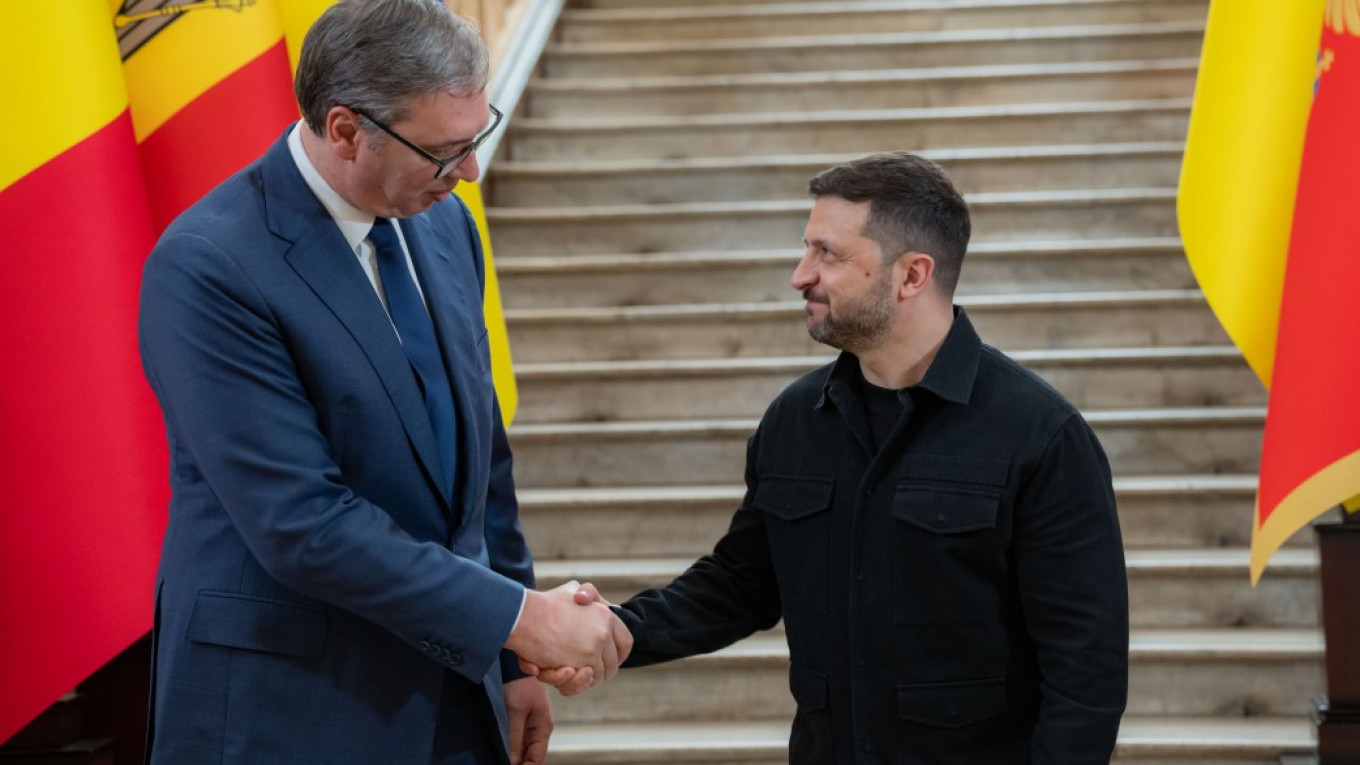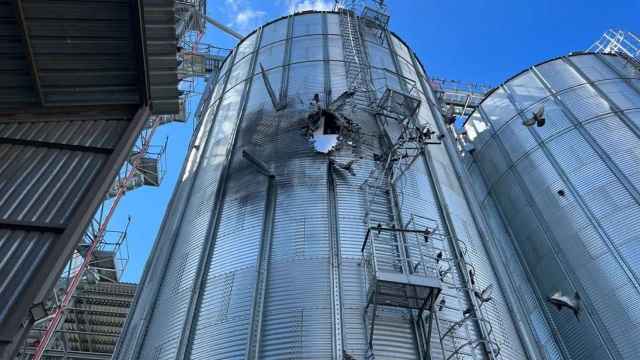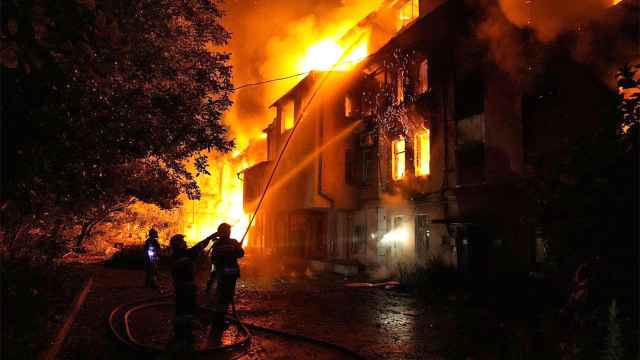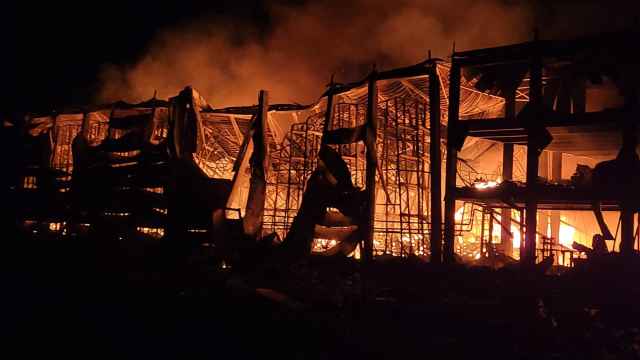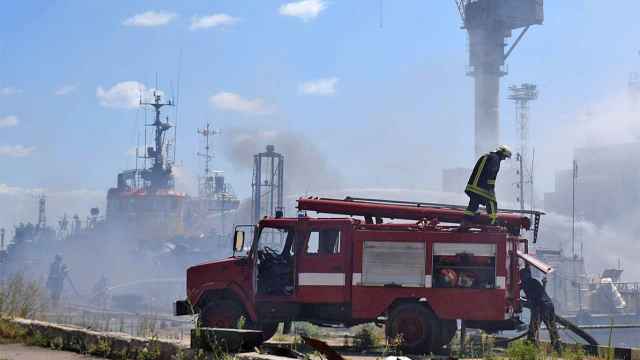Serbian President Aleksandar Vučić, who maintains strong ties with Moscow, made his first visit to Ukraine since Russia invaded in 2022 on Wednesday and said he supported the country's "territorial integrity."
The Balkan nation with close historical links to Russia has maintained an official policy of neutrality throughout Moscow's three-year offensive on Ukraine and has denied arming either side.
But in recent days, Russia accused Serbian arms companies of "trying to stab Russia in the back" by selling munitions to Ukraine.
Vučić took part in a summit hosted by Ukrainian President Volodymyr Zelensky in the Black Sea port of Odesa that gathered leaders from several countries across southeastern Europe.
"What I can say on behalf of my country is that Serbia will remain very firm and steadfast on observing the UN Charter, international public law, which includes protection of territorial integrity of UN-recognized countries as the most important principle," Vučić said.
Moscow occupies large swathes of eastern and southern Ukraine.
Just weeks before that, Vučić joined the 80th anniversary celebrations on Moscow's Red Square for Russia's victory over Nazi Germany.
Serbia and Ukraine have neither confirmed nor denied that Kyiv uses Serbian munitions.
Vučić has attempted to walk a tightrope between traditional ally Russia and Serbia's desire to join the European Union, which is one of Ukraine's main backers in the war against invading Russian forces.
Both Serbia and Russia share a dislike and distrust of NATO, particularly since the defense organization carried out bombardments on Serbian troops in 1999 during the Kosovo War.
Despite Russia's invasion of Ukraine, Serbia refuses to cut ties with Moscow, despite voting against its long-standing ally at the United Nations.
Belgrade is highly dependent on cheap gas it buys from Russia.
A Message from The Moscow Times:
Dear readers,
We are facing unprecedented challenges. Russia's Prosecutor General's Office has designated The Moscow Times as an "undesirable" organization, criminalizing our work and putting our staff at risk of prosecution. This follows our earlier unjust labeling as a "foreign agent."
These actions are direct attempts to silence independent journalism in Russia. The authorities claim our work "discredits the decisions of the Russian leadership." We see things differently: we strive to provide accurate, unbiased reporting on Russia.
We, the journalists of The Moscow Times, refuse to be silenced. But to continue our work, we need your help.
Your support, no matter how small, makes a world of difference. If you can, please support us monthly starting from just $2. It's quick to set up, and every contribution makes a significant impact.
By supporting The Moscow Times, you're defending open, independent journalism in the face of repression. Thank you for standing with us.
Remind me later.


